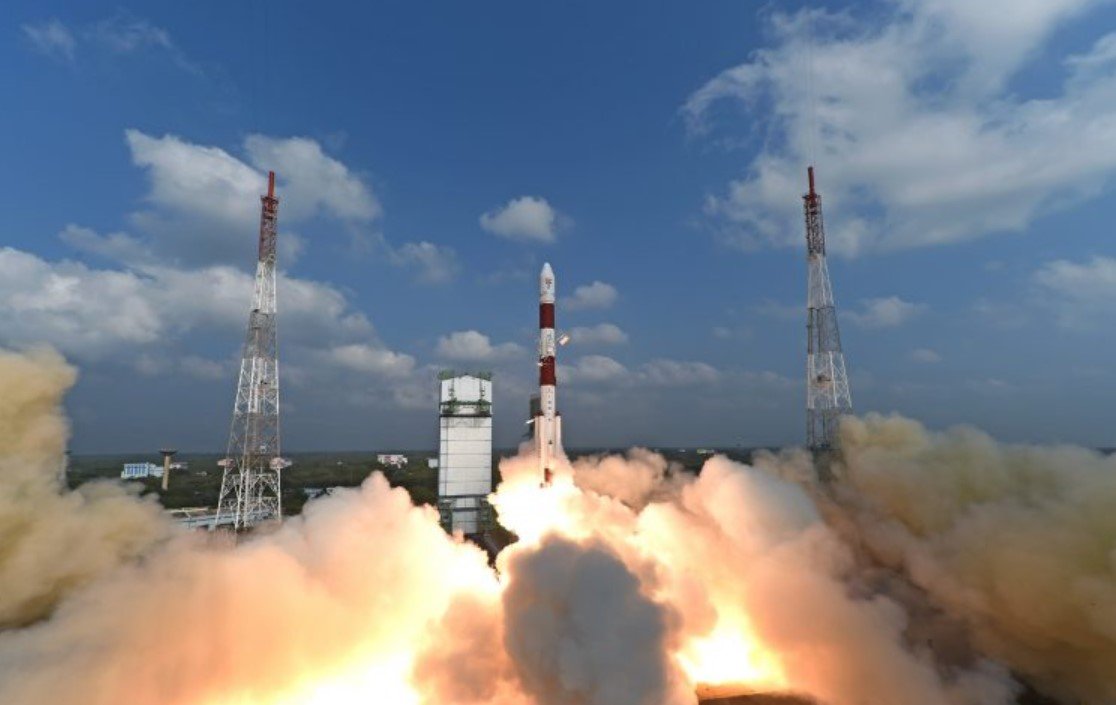In a groundbreaking initiative, BharatRohan and Kosher Climate have joined forces to introduce the Alternate Wetting and Drying (AWD) project in Barabanki, Uttar Pradesh. This project, spanning 12,000 acres and benefiting over 6,000 local farmers, aims to revolutionize traditional irrigation practices. By using 30cm PVC pipes to monitor water levels, farmers can irrigate only when necessary, conserving water and reducing reliance on motor pumps and electricity. This method not only conserves water but also significantly reduces methane emissions, contributing to a more sustainable agricultural future.
Transforming Irrigation Practices
The AWD project is set to change the way farmers in Barabanki approach irrigation. Traditionally, fields were continuously flooded, leading to excessive water use and energy consumption. With the introduction of AWD, farmers now irrigate their fields intermittently, allowing the soil to dry out between waterings. This practice introduces oxygen into the soil, discouraging the anaerobic conditions that methane-producing microbes thrive in. As a result, methane emissions are significantly reduced, making this project a crucial step towards combating climate change.

Farmers are provided with comprehensive training and support to implement the AWD method effectively. BharatRohan’s advanced drone-based crop monitoring technology plays a vital role in this process. By using hyperspectral imaging, the technology monitors soil moisture levels, detects drought stress, and ensures efficient water use. This not only enhances crop health but also boosts yields by promoting better root growth and nutrient uptake.
The environmental benefits of AWD are complemented by economic advantages. The project facilitates the generation of approximately 10,000 carbon credits in its inaugural year, providing an additional source of income for farmers. This innovative approach to irrigation not only conserves resources but also empowers farmers to adopt sustainable practices that benefit both the environment and their livelihoods.
Enhancing Crop Health and Yields
The AWD project goes beyond water conservation and methane reduction; it also focuses on improving crop health and yields. By allowing the soil to dry out between waterings, the AWD method increases soil nutrient availability and promotes better root growth. This leads to more efficient nutrient uptake, resulting in healthier crops and higher yields.
BharatRohan’s drone-based imaging technology is instrumental in validating the drying cycles and ensuring the proper installation of PVC pipes. The hyperspectral imaging technology provides real-time data on soil moisture levels, enabling farmers to make precise irrigation decisions. This precision farming approach minimizes water wastage and maximizes crop productivity.
In addition to the technological support, farmers receive hands-on training and guidance on the AWD process. This includes instructions on pipe installation, water level monitoring, and the overall implementation of the AWD method. The comprehensive support system ensures that farmers can effectively adopt and benefit from this innovative irrigation technique.
The economic benefits of the AWD project are significant. By reducing water usage by 30 to 40%, farmers can lower their operational costs and increase their profitability. The generation of carbon credits further enhances their income, providing a financial incentive to continue using sustainable practices. This holistic approach to agriculture not only addresses environmental challenges but also improves the economic well-being of farmers.
Promoting Sustainable Agriculture
The collaboration between BharatRohan and Kosher Climate is a testament to their commitment to sustainable agriculture. By integrating innovative technologies and sustainable practices, they are addressing crucial environmental issues while enhancing the profitability and sustainability of farming in India.
The AWD project is a prime example of how technology can be leveraged to promote sustainable agriculture. The use of drone-based crop monitoring and hyperspectral imaging ensures that farmers have access to accurate and timely information, enabling them to make informed decisions. This data-driven approach minimizes resource wastage and maximizes crop productivity, contributing to a more sustainable agricultural system.
The project’s impact extends beyond environmental benefits. By empowering farmers with the knowledge and tools to implement the AWD method, BharatRohan and Kosher Climate are fostering a culture of sustainability. Farmers are encouraged to adopt practices that conserve resources, reduce emissions, and improve crop yields. This not only benefits the environment but also enhances the resilience and profitability of farming communities.
The success of the AWD project in Barabanki sets a precedent for future initiatives. It demonstrates the potential of innovative irrigation techniques to address water scarcity, reduce greenhouse gas emissions, and improve agricultural productivity. As more farmers adopt the AWD method, the cumulative impact on the environment and the agricultural sector will be substantial.









